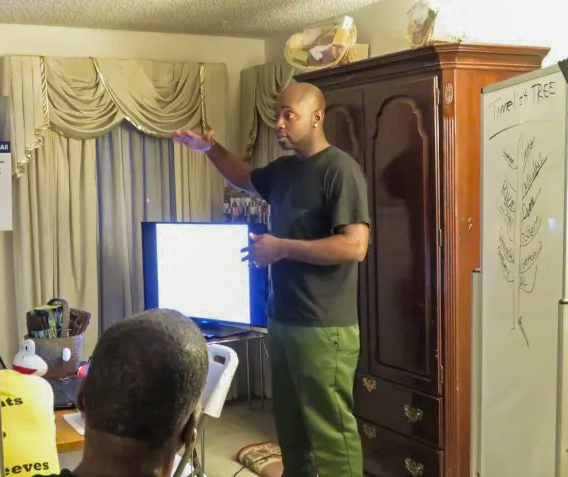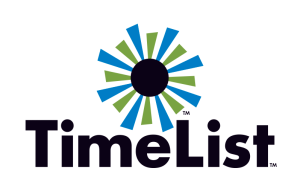 Who We Are
Who We Are
The essence of our organization exists in the human spirit – the spirit and passion of those who serve and the spirit and determination of those who accept our services. We are dedicated to raising awareness of our cause and serving those in need.
In this section, you will find everything about our people, mission, and history. If you want to learn more about our organization, please continue to explore our website. You must get to know more to feel comfortable working with us. Once you take the time to find out what we’re all about, we are confident you will want to be part of the work we do.
Roots of Change- Our History
Our program got its start inside a California prison with a small group of male prisoners who were serving long sentences and life terms. We created a support group for men like us. Our objective was to brainstorm strategies to learn from and use to obtain freedom through the parole board and/or the judicial process. Our committed group met every Sunday on the recreation yard’s bleachers. As word spread, our numbers quickly grew. The group continued to come together to share case law related to life sentences and discuss self-help methods. Some of the men gained their freedom.
In 2007, the group, headed by Yusef-Andre Wiley, approached Avenal State Prison administrators with a proposal to establish the group as a legitimate program recognized by prison officials. We called our program Timeless – A Lifer Support Group. As interest in rehabilitation grew, Timeless opened its workshops to the entire prison population and, eventually, parolees. Through the curriculum we created and the work the participants put in, we discovered if a person is willing and able to think critically about their life and the world around them, they will realize “it is never too late to change.”
“It’s never too late to change” became the tagline for the incarcerated and formerly incarcerated participants doing this work toward freedom of the mind, body, and spirit. Once we officially incorporated our efforts as a 501(c)(3) non-profit organization in 2013, we became known as Timelist Group, Inc. This new name has a lot of significance as we started as a group of men doing a lot of time in prison who offered our peers a long list of programs in the struggle for brotherhood, connection, and freedom. Additionally, prison policy requires a prisoner’s name to be on an official participation list to attend self-help programs. The founding members visited each housing unit to post a sign-up sheet to ensure all those desiring to change their lives could take the first step by adding their names to the list.
To this day, we have remained true to our roots and continue to build support group circles and offer courses designed to address the various social and cognitive behavioral problems many incarcerated individuals face.
What We Do
We work to raise awareness and help people affected by our cause.
Our success is measured by the number of people we can help with the quality of our programs and services. Our dedicated staff, caring volunteers, and generous donors like you fuel these programs.

Clint A. Richardson, Lead Counselor/Mentor
Workshop at one of our housing sites.
The Core
We aim to advance this program wherever needed to help men, women, and youth reshape their lives to become productive individuals within society. The program begins while participants are incarcerated and supports them through reentry. As participants are enrolled during incarceration, the curriculum and mentorship are tailored to their needs and interests. Participants who complete the required number of sessions earn a certificate, besides being linked to formerly incarcerated role models and a support infrastructure that guides them from incarceration through reentry.
The program’s overall theme is “It’s Never Too Late To Change,” participants complete assignments connecting this theme to their own experience. Another key emphasis of the curriculum is an exploration of how to be a mentor to someone else. The following questions drive discussions throughout the program:
- Who are you today?
- Will a mentee listen to you?
- Have you changed?
- Can you be trusted?
- Are you willing to give up personal time for someone else?
- What values do you have that can positively affect someone else?
- Are you motivated to help guide someone in the right direction?
- How far are you willing to help someone who cannot help themselves?
- What does it mean to you to be a role model?
Besides these questions, the curriculum focuses on the following major topics:
- Nine Steps to Street Gang Recovery
- Domestic Violence Prevention
- Mind Your Business (Self-Help and Self-Assessment Skills)
- Straight Talk On Point (Communication & Soft Skills)
- Resume Development & Interview Skills
- Other modules are added according to the specific needs of participant cohorts.

 Who We Are
Who We Are